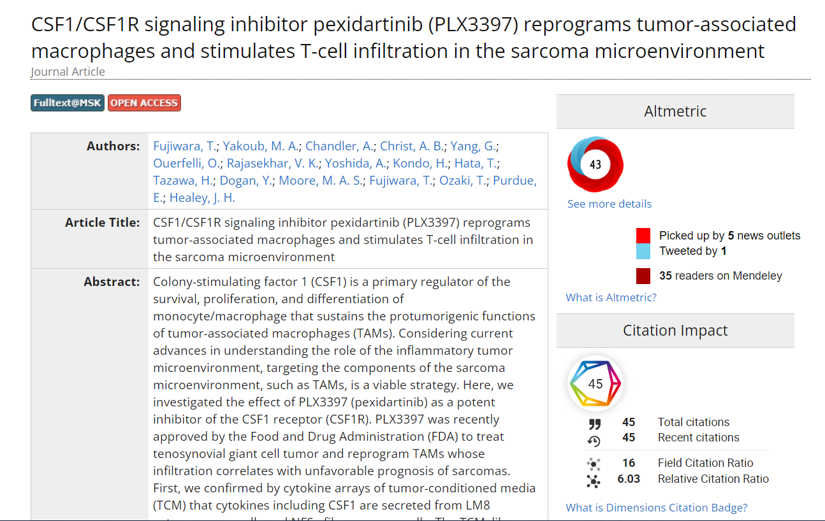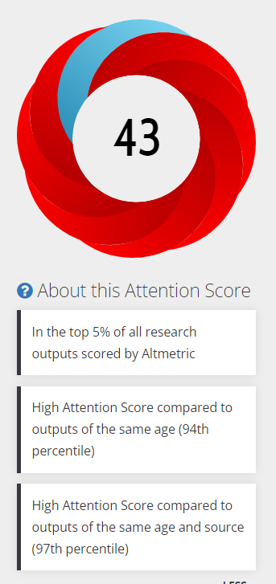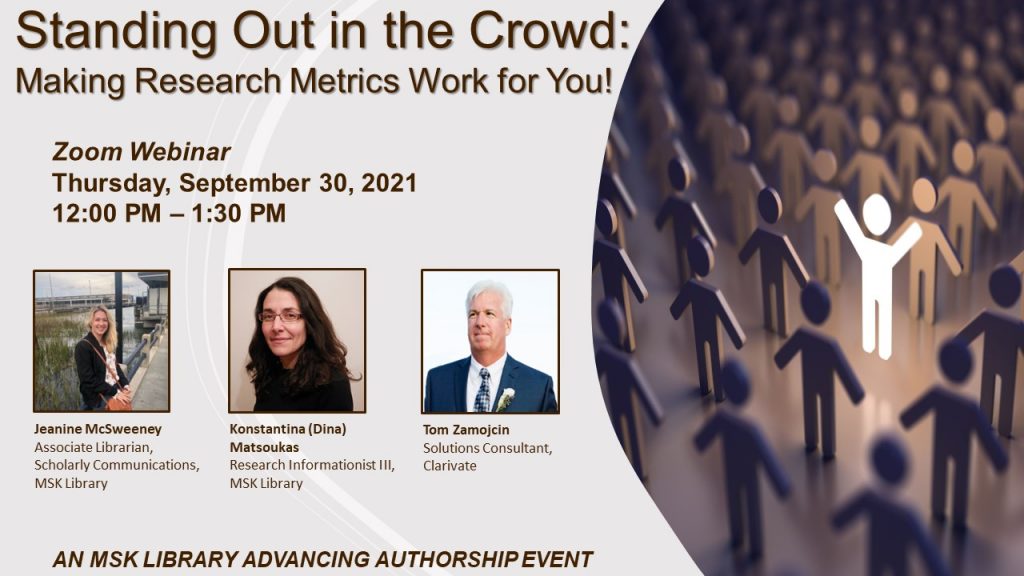In June of 2023, the latest update of Journal Citation Reports (JCR) was released by Clarivate. As each year’s JCR release offers the previous year’s data, this latest release provides 2022 data.
The JCR (sourced from Web of Science Core Collection) is a database that offers journal metrics which are helpful for comparing journal rankings, or relative standing of journals, within a field/discipline. As such, this database, along with other resources, is often used by the authors for determining the most appropriate journal for submitting their manuscript.

Clarivate has made the following changes in this year’s release (they only impact the 2022 data released in June 2023 and were not retroactively applied to previous years):
- Expanded JIF coverage
The Journal Impact Factor (JIF) is now extended to all Web of Science (WOS) Core Collection journals, including those indexed in the Arts and Humanities Citation Index (AHCI) and the multidisciplinary Emerging Sources Citation Index (ESCI). Thus, JIF is now applied to all editorially selected, quality journals, including open access, niche, and regional journals - Altered JIF presentation
The JIF has been reduced to one decimal place rather than the previously used three decimal places. According to Clarivate, the change has been made to encourage users to consider other indicators and descriptive data in the JCR when comparing journals.
This year’s release allows researchers to quickly identify which journals in over 250 disciplines were cited most often, explore citing journals, affiliations and geographic locations of contributing authors, and other analytics.
To access the Library’s JCR subscription, use MSK Library’s A-Z Database list. If you need more information about this resource, please don’t hesitate to ASK US.


